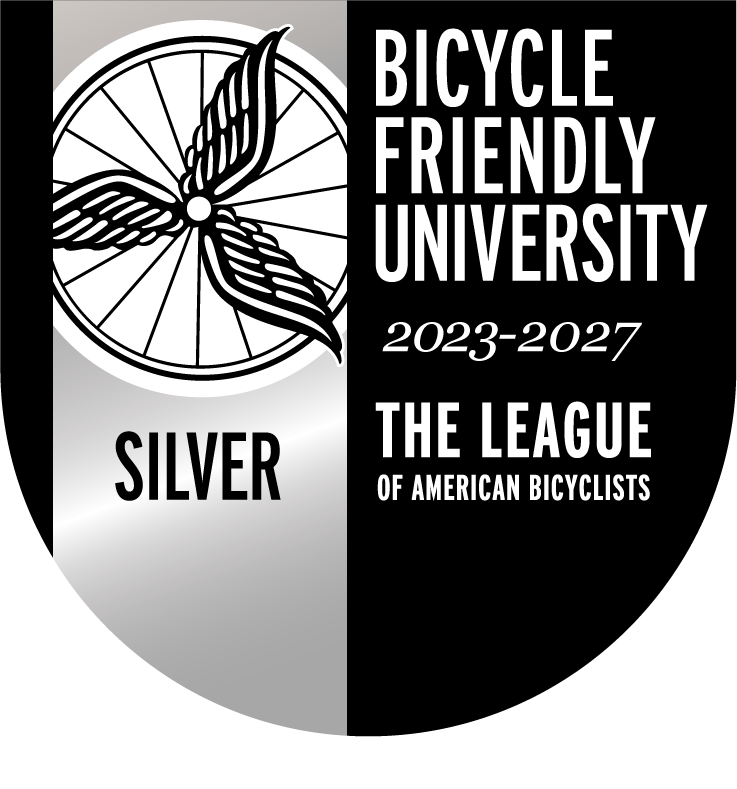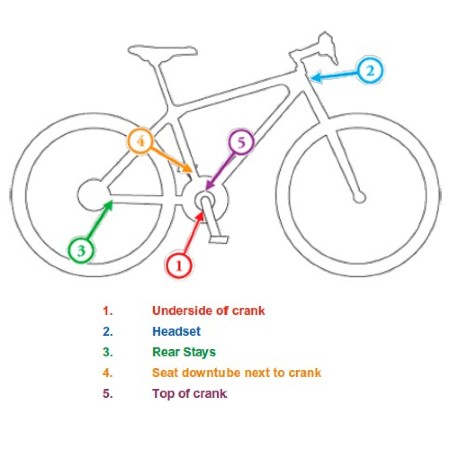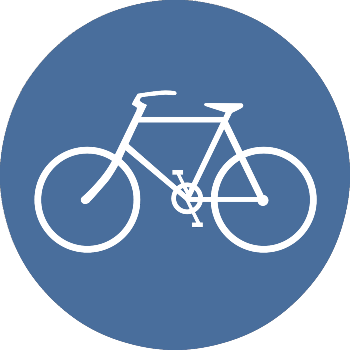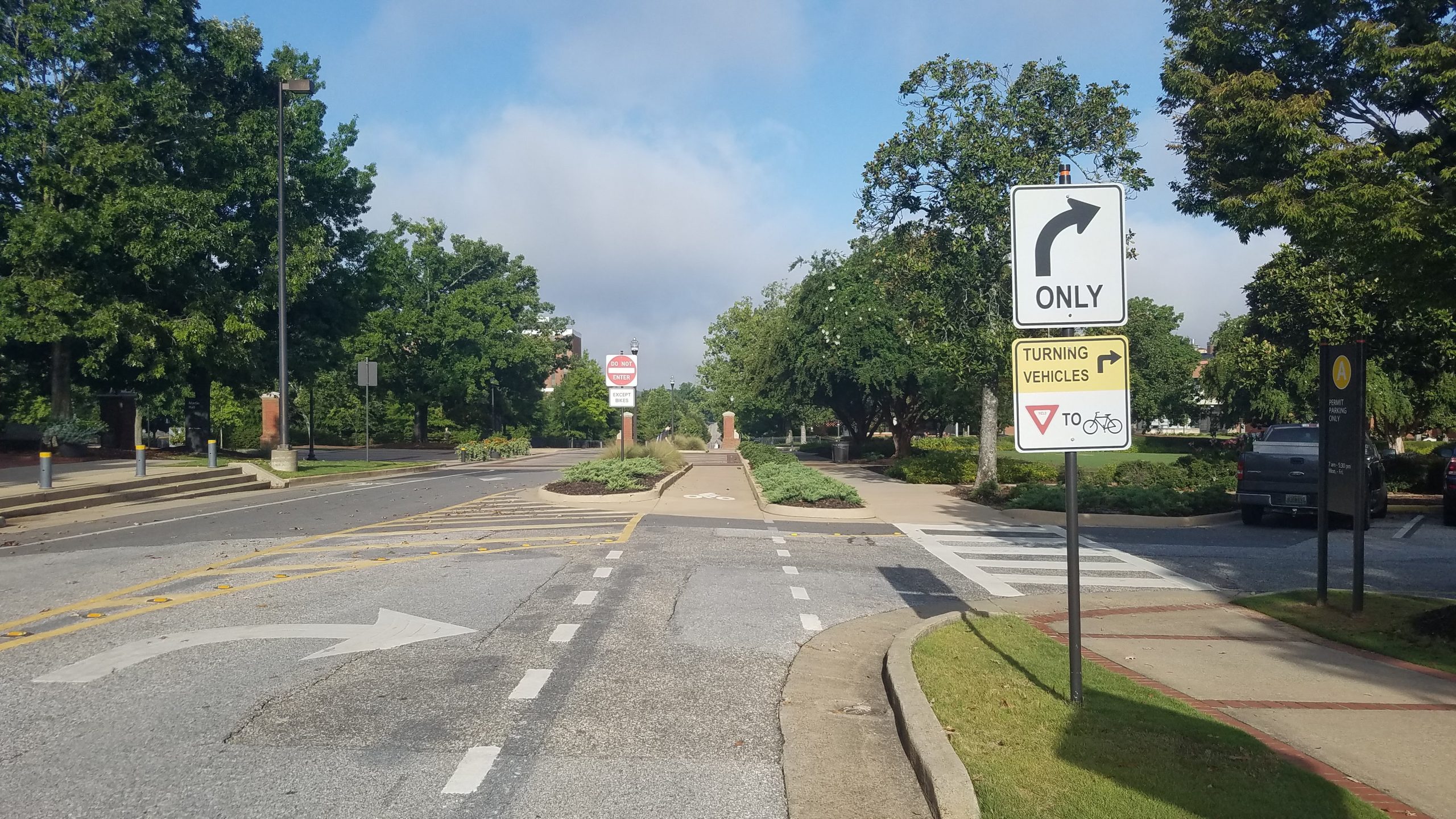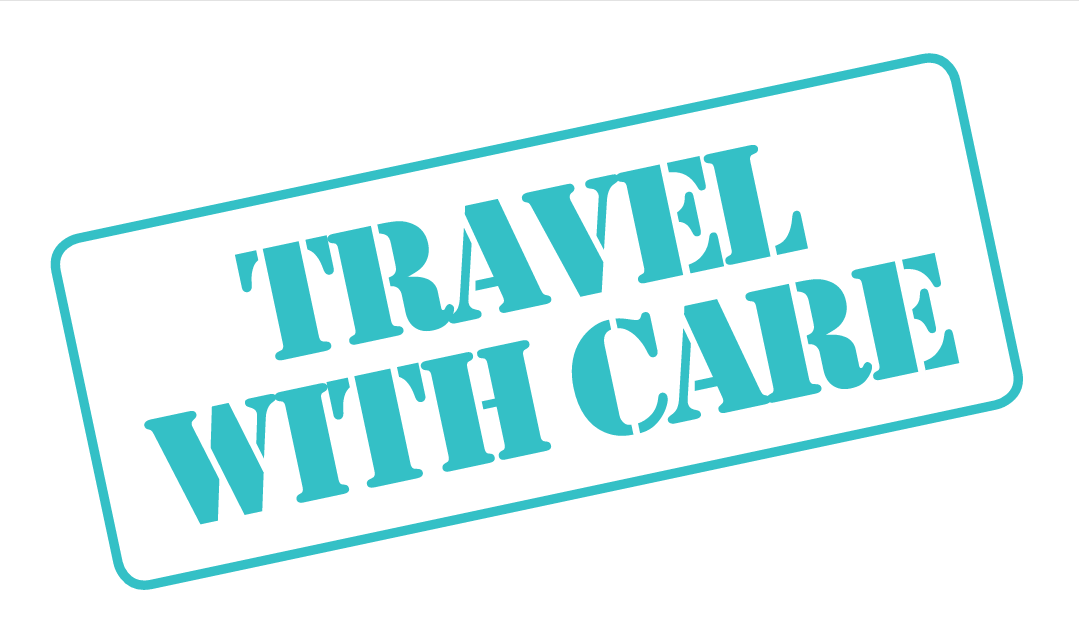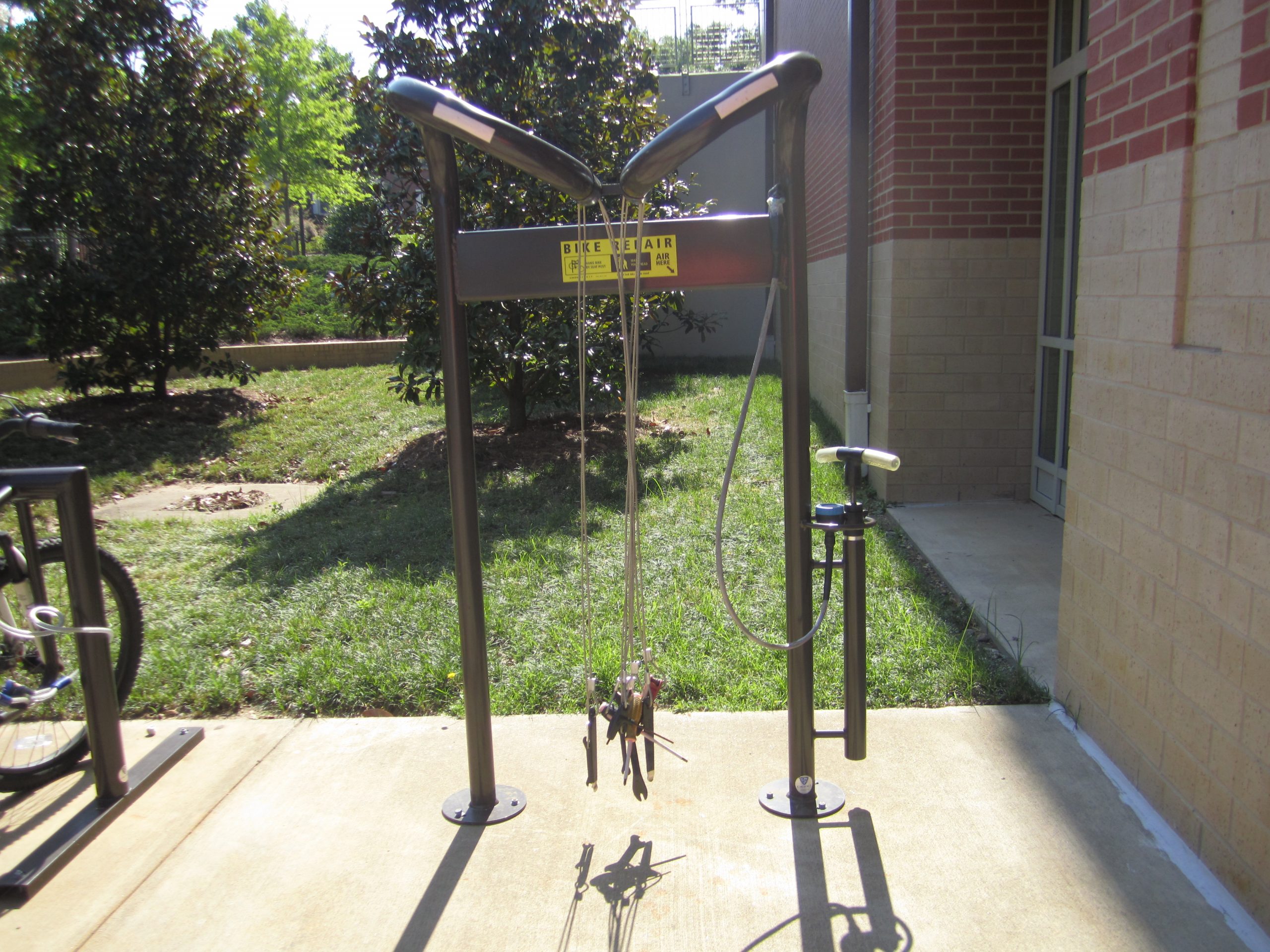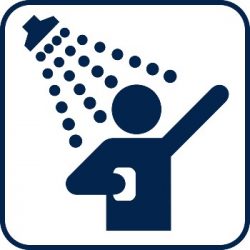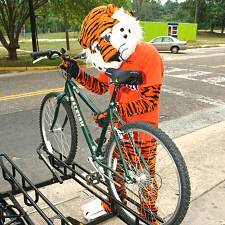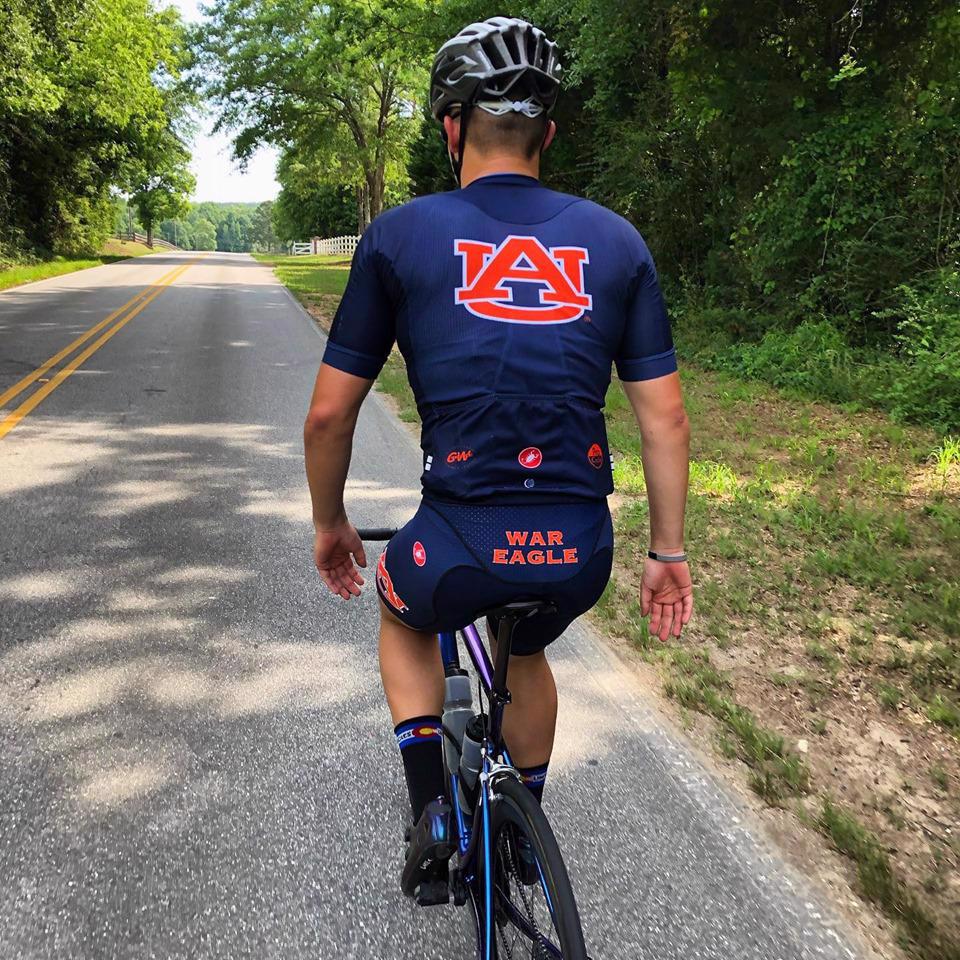Auburn is the first university in Alabama to be named a Bicycle Friendly University and joins more than 200 colleges and universities across the United States who are working to transform their campuses. As a part of our commitment, we wanted to create a one-stop location for all things biking and Auburn.
To learn more about the benefits of biking, cycling amenities on campus, and resources in our community, check out the information below.
We’d also love to know if you…Have encountered something that makes riding on campus unsafe? Have an idea for how we can make biking on campus more enjoyable? Have come across biking infrastructure that needs repair? Have other thoughts or concerns about campus biking? Let us know! We want to do all we can to make biking on campus safe, enjoyable, and accessible.

